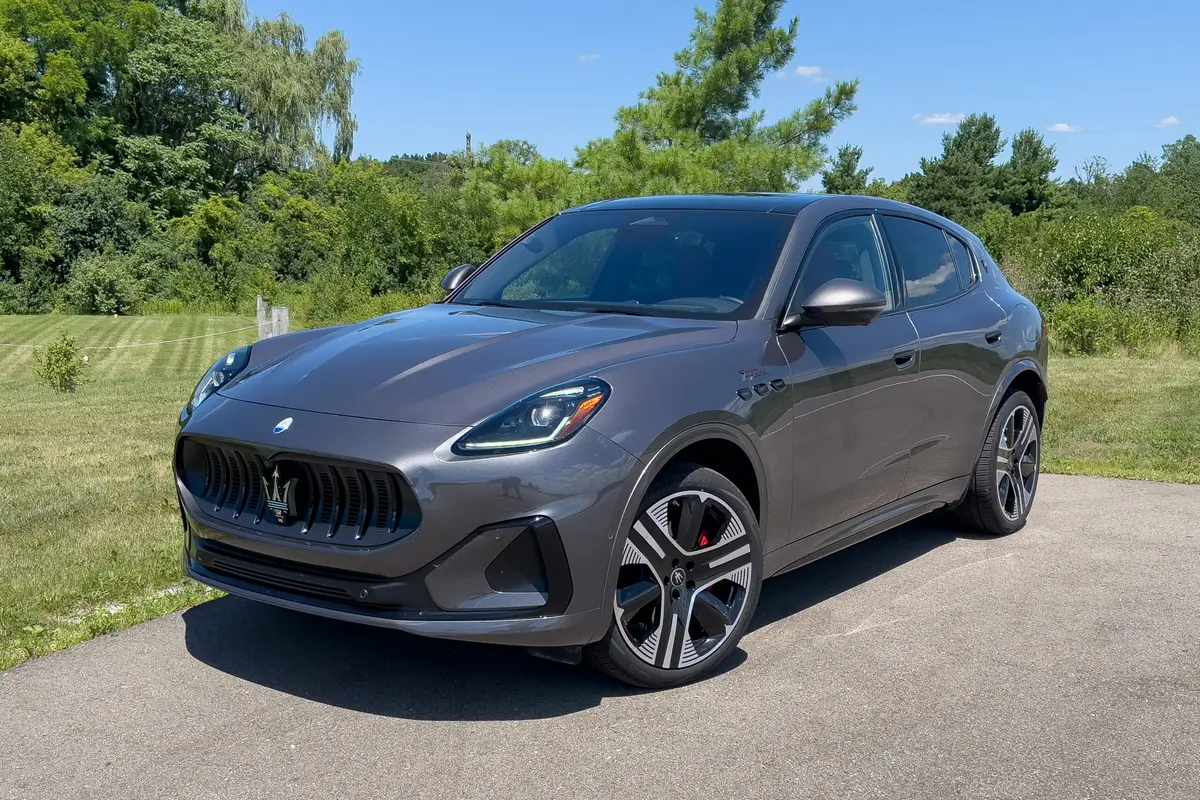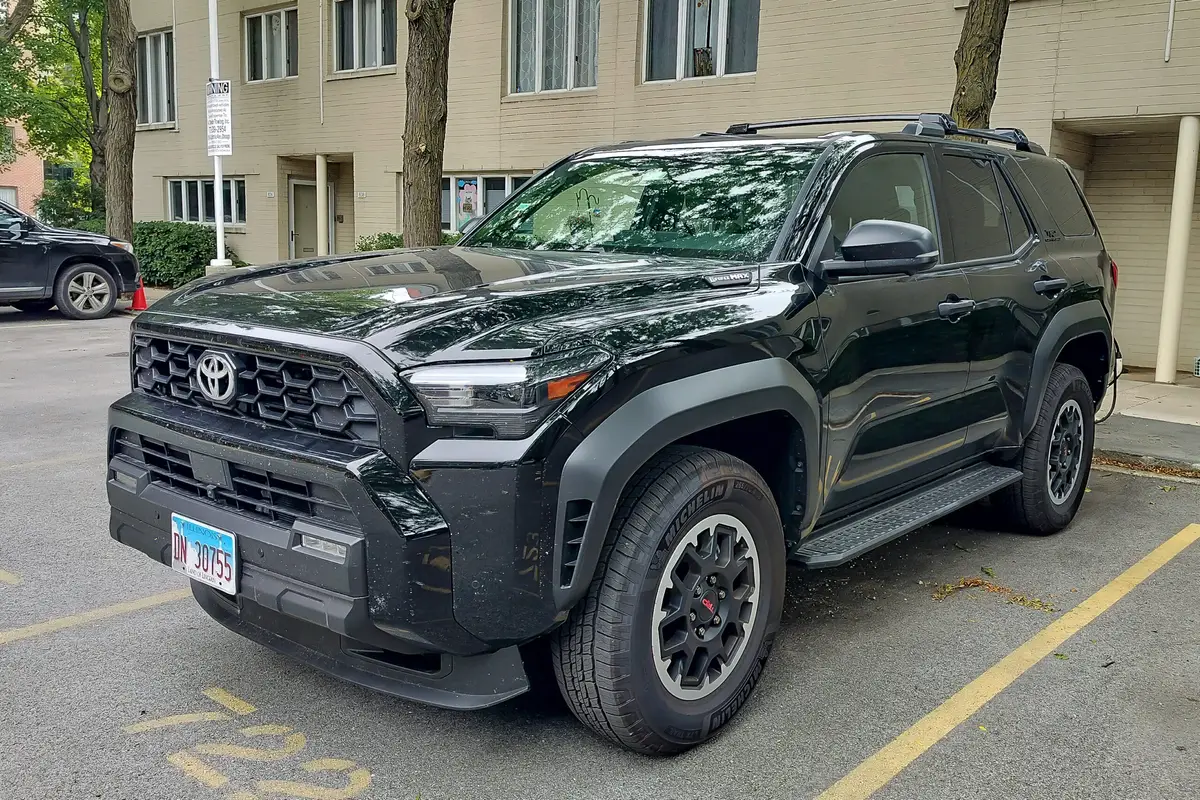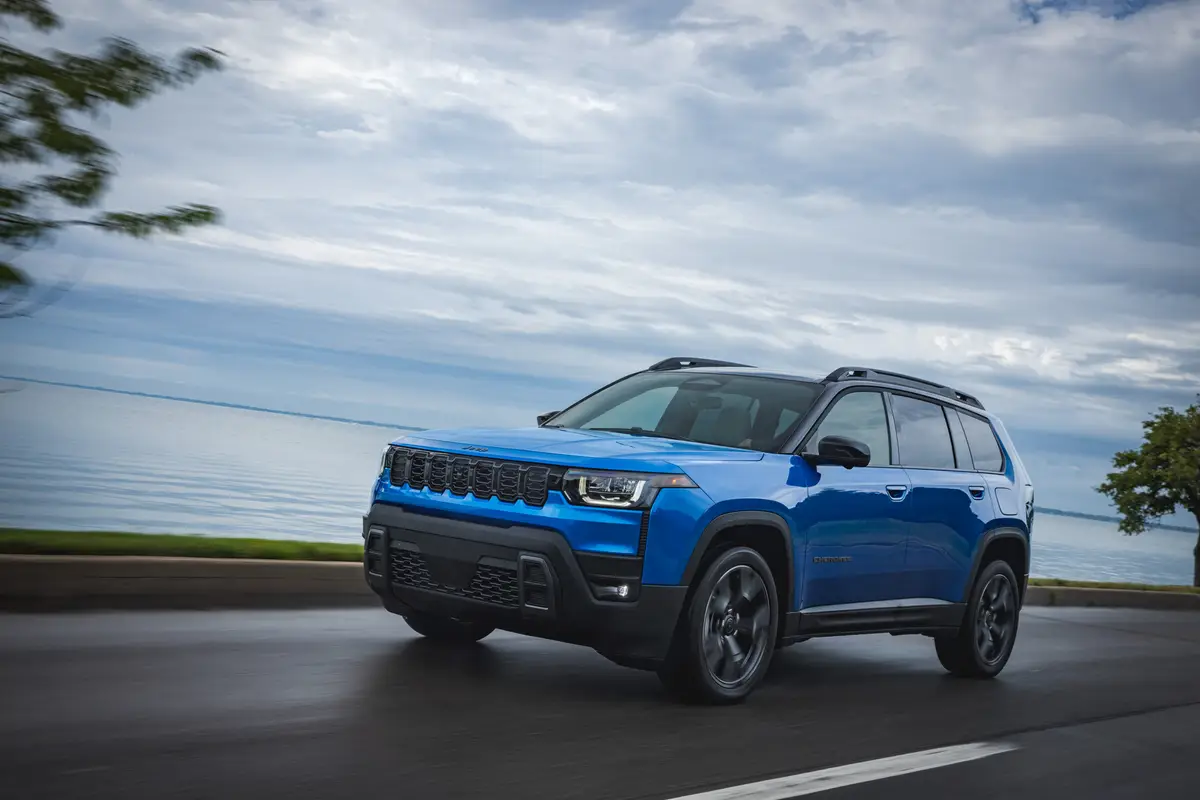Volkswagen's $14.7 Billion Diesel Settlement Gets Preliminary OK
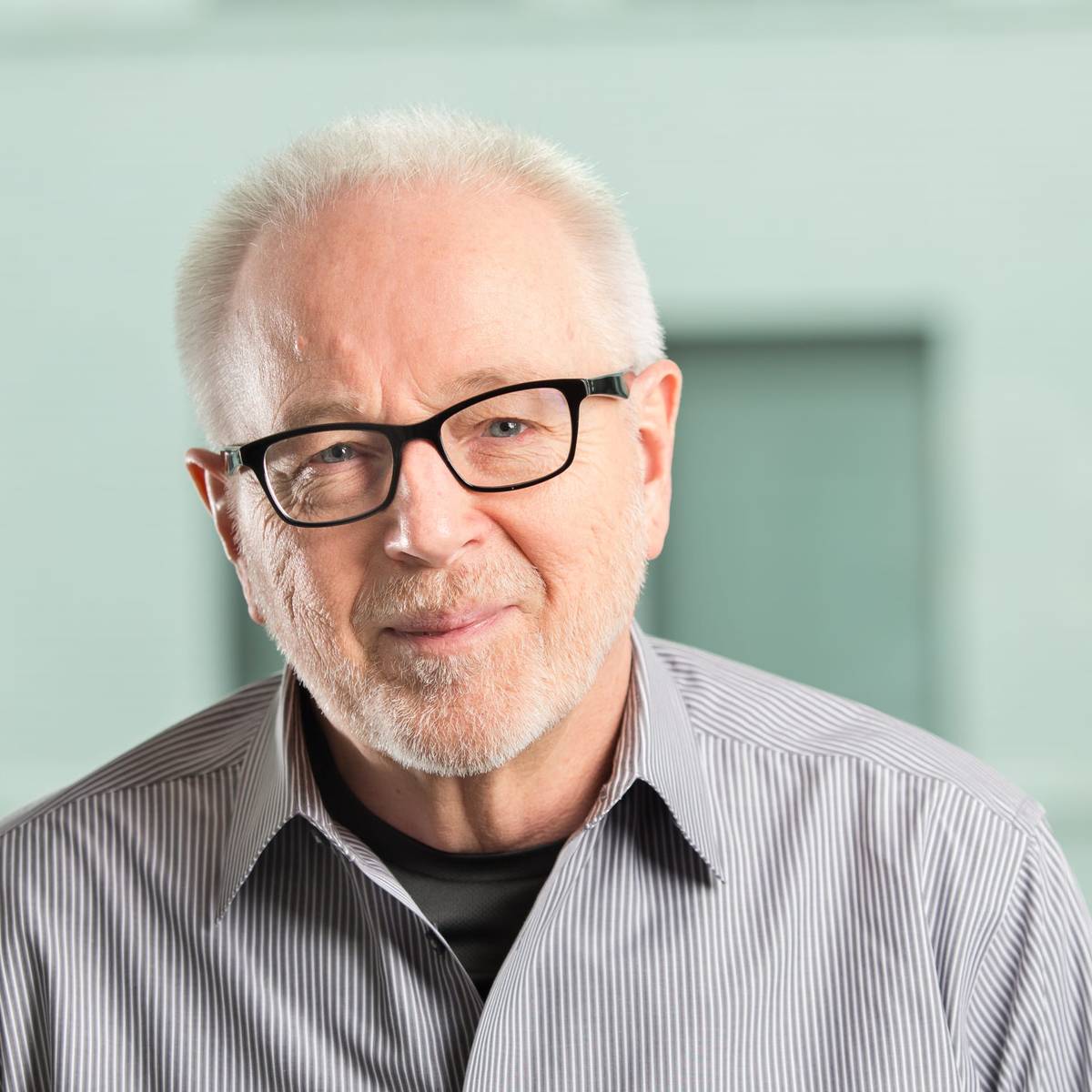
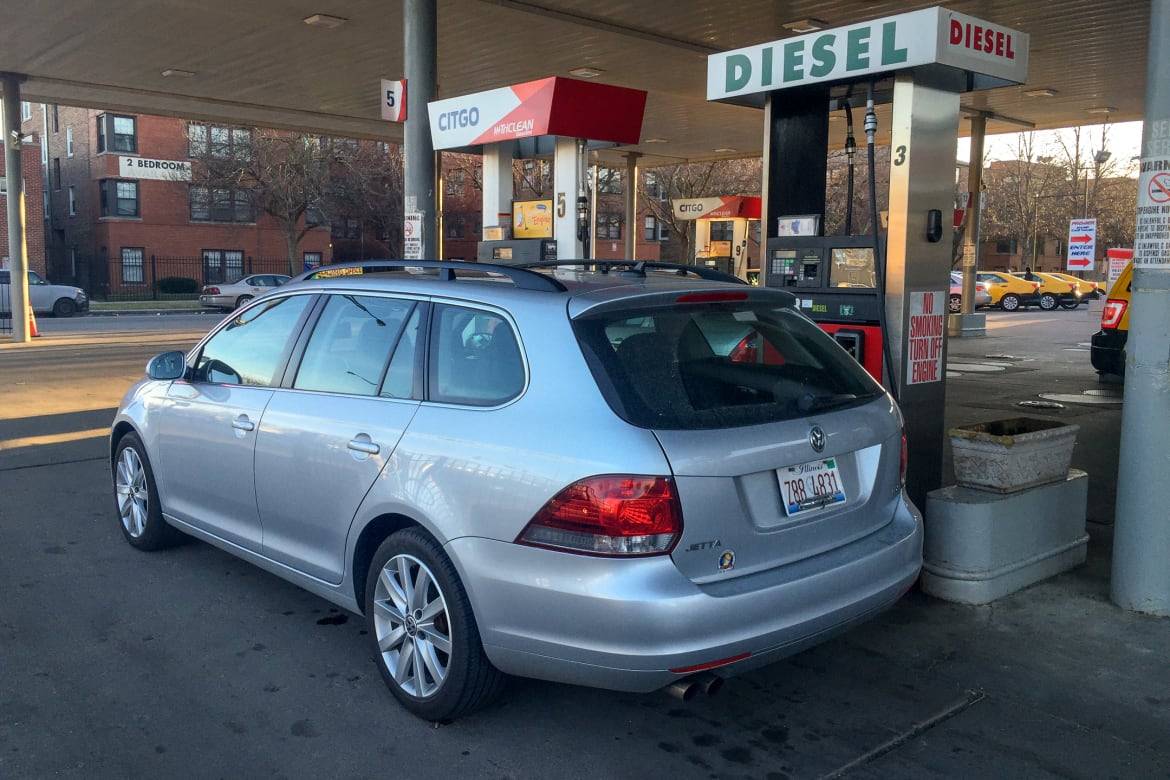
CARS.COM — A federal court gave preliminary approval today to the proposed agreement among Volkswagen Group, U.S. and California regulators, 44 states and attorneys for VW owners and lessees to settle claims regarding VW’s use of an emissions “defeat device” on its 2.0-liter four-cylinder diesels. The deal calls for VW to pay as much as $14.7 billion to settle the scandal affecting about 475,000 four-cylinder diesel cars from the 2009 through 2015 model years.
The OK is a first step toward final approval and begins a period in which “interested parties” may register objections. But it also allows the mechanics of the complicated settlement process to get underway, including official notification for VW and Audi 2.0-liter diesel owners and lessees of the compensation they can get and what they must do to participate.
Related: VW Diesel Settlement: What Owners, Lessees Need to Know
Federal District Court Judge Charles Breyer in San Francisco set Oct. 18 for a hearing on final approval of the deal. He indicated he was satisfied that the consumer and environmental goals of the settlement “have been achieved preliminarily.” But he cautioned that the court now “must consider views of people who have not been heard from” in the settlement negotiations.
As part of the settlement, VW will pay up to about $10 billion to buy back the recalled cars or terminate leases. It will also pay nearly $5 billion into two funds, one to finance pollution mitigation campaigns and another to support zero-emission vehicles. An additional about $600 million was set aside to settle state claims. VW admitted that the engines had software that activated emissions controls during testing, but turned them off on the road, allowing the cars to emit up to 40 times the legal limit of nitrogen oxide, which can cause health problems.
Elizabeth Cabraser, lead counsel for consumers suing Volkswagen, said in a statement that the preliminary approval “brings us a step closer toward achieving the settlements’ goals: fairly compensating consumers, undoing the cars’ environmental damage through remediation, and fixing or getting these polluting cars off the road.” She also said that reaction to the deal has so far been “overwhelmingly positive.”
“The parties believe that the proposed settlement program will provide a fair, reasonable and adequate resolution for affected Volkswagen and Audi customers,” VW said in a statement.
In addition to beginning notifications, Volkswagen attorneys said at the hearing that more detailed information on customer compensation for specific cars will be immediately available on Volkswagen’s website for the settlement. Consumers also can begin the registration process now and begin uploading necessary documents in August to be ready upon final approval. A hotline and chat line also are going live. Volkswagen said in its statement that the buyback program would begin immediately after final approval.
Under the proposed deal, owners will get a restitution payment on a sliding scale for the faulty diesel and also can sell the car back to VW for its value before the cheating became public in September 2015. Alternatively, they can have the car fixed, if a remedy is approved, and still get a restitution payment. There also are provisions for lessees, loan forgiveness, owners who sold the vehicles and for owners who wrecked their cars. The deal gives Volkswagen up to two years to come up with approved remedies for the three generations of four-cylinder diesels. Attorneys said at the hearing that progress is being made on remedies; the next deadline is Friday for a status report on the newest generation of the 2.0-liter diesels.
Owners, including Cars.com, won’t have to decide on a fix or buyback until they are fully informed about the effect any approved remedy would have on their car’s fuel economy or performance. Owners also can decide to opt out of the process altogether and just keep driving their vehicles. The deal requires VW to fix or remove from the road 85 percent of the affected vehicles or face stiff additional financial penalties.
The company recently told dealers that it may be closing in on proposed fixes for the three generations of 2.0-liter diesels. Dealer sources told the Associated Press that testing found the fixes would not have a major impact on how the cars run. The fixes also likely won’t bring them fully into compliance. The settlement as approved allows for a fix that eliminates 80 to 90 percent of the excess emissions, the EPA told Cars.com, and for the company to finance pollution mitigation efforts to compensate for the pollution that can’t be eliminated.
Final approval for this settlement will be a major step toward allowing VW “to turn the page,” said Robert Giuffra, the company’s lead attorney, and begin restoring its customer relationships.
But even if it gets final approval, VW still has a lot more to clean up. The deal does not address pending civil fines for the cheating and does not resolve a criminal investigation by the U.S. Justice Department. Also, Maryland, New York and Massachusetts recently filed separate state lawsuits against VW. And individual consumers can decide to opt out of the settlement and sue the company for damages.
Importantly, the deal also does not settle claims over emissions violations by 3.0-liter V-6 diesels used in about 85,000 larger Volkswagen Group vehicles from its VW, Audi and Porsche brands. A proposed fix was rejected in July by the California Air Resources Board and the EPA. The same federal district court in Northern California has scheduled a status conference for Aug. 25 on efforts to settle issues regarding the V-6 diesel engines.
VW attorneys said that Mark McNabb, chief operating officer of Volkswagen of America, will supervise the settlement project and about 40 people plus additional support staff will be devoted to it. They also said that Volkswagen has contracted for temporary storage this fall in the event there is a large immediate response to the buyback offer. And they emphasized that the settlement applies only to vehicles in the U.S. and not to the millions of 2.0-liter diesel vehicles in other regions such as Europe where the laws and regulations covering them are different.
Editor’s note: This post was updated on July 26 to correct the settlement amount for state claims.

Former D.C. Bureau Chief Fred Meier, who lives every day with Washington gridlock, has an un-American love of small wagons and hatchbacks.
Featured stories
